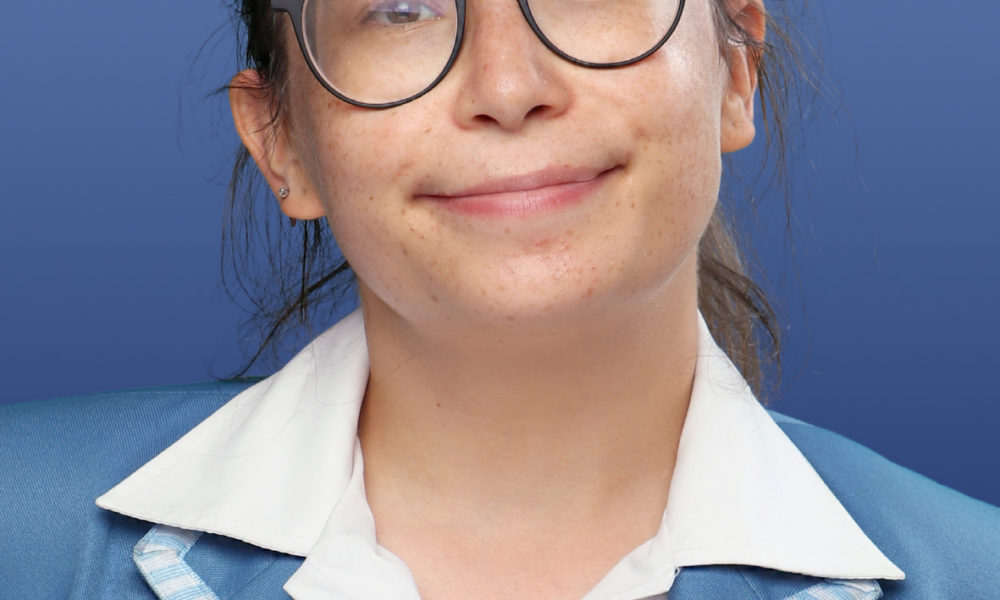Youth
Be kind to yourself – and others

The clock in front of me is ticking. I’m in “the zone” of absolute concentration. My focus is solely on the paper, and my hands move swiftly as they answer each question.
Suddenly, just as I’m about to finish my last sentence, I feel a hand on my shoulder and I know that I must stop writing.
The frustration is agonising. How can this be? I was about to amaze my marker, that last sentence was what would make or break my results.
I was humbled after receiving my essay when I realised that I had based most of it off Robin Williams’s character, Professor Keating in Dead Poets Society, and not Keats, the dead poet.
Now that the anecdote has been delivered, I must state a fact. Not a single person in this world will remember that mistake after school.
I didn’t feel failure once I exited that exam. Yes, I was irritated, but I forgave myself because that exam was practice, and I still had finals.
It’s vital to have the capacity to forgive. Even the greatest individuals must lower their walls to achieve peace. I believe in the power of kindness, one of the only things that can extend beyond individual desires.
My zaida had the ability to make interpersonal connections. This year is the first Rosh Hashanah without him, but a part of him remains.
At prayers for him, peers from school came out of kindness, school peers I had been too afraid to have a proper conversation with.
I realised it was important to ask for forgiveness for the times I stayed in my comfort zone and didn’t build connections with others.
Without growth, the human psyche would remain unchanged.
The root of teshuva is “shuv” (return). For mistaking Keating for Keats to remaining comfortable in our own space, it’s possible to return to seek forgiveness for ourselves and from others.
Liora Scop, Grade 12, King David Victory Park